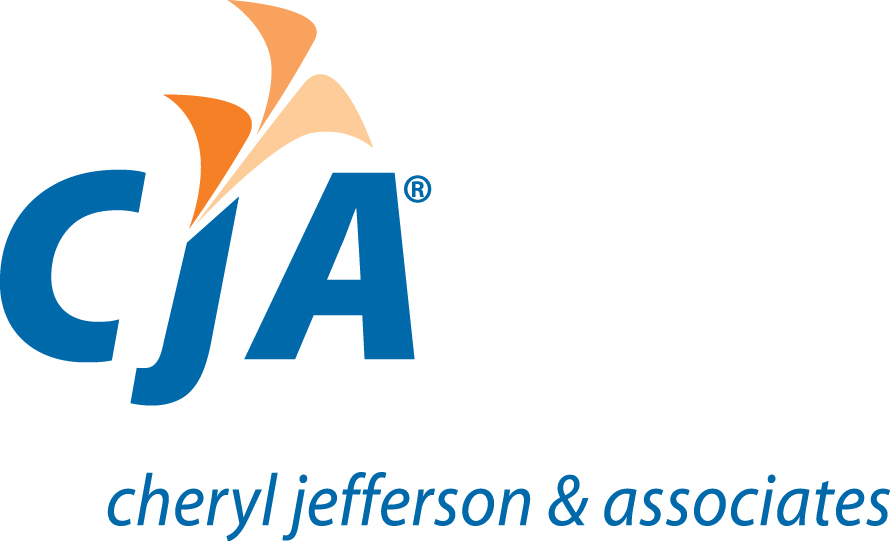Cost Reimbursement Contracts
Federal Acquisitions Regulations (FAR) 16.301-1 defines cost reimbursement contracts as contracts which allow for payment of allowable costs up to the agreed estimated ceiling amount. There are four types of cost reimbursement contracts.
- A cost sharing contract (FAR 16.303) is a “contract in which the contractor receives no fee and is reimbursed only for an agreed-upon portion of its allowable costs”, generally with the “expectation of substantial compensating benefits”.
- A cost plus incentive fee contract (FAR 16.304) is a contract “contract that provides for an initially negotiated fee to be adjusted later by a formula based on the relationship of total allowable costs to total target costs”.
- A cost plus award fee contract (FAR 16.305) is a contract “that provides for a fee consisting of (a) a base amount (which may be zero) fixed at inception of the contract and (b) an award amount based upon a judgmental evaluation by the Government”.
- The fourth contract type, cost plus fixed fee contract (FAR 16.306) is a contract which “provides for payment to the contractor of a negotiated fee that is fixed at the inception of the contract”.
How They Work
When the costs are not known, the government uses these contracts at risk. To minimize the risk, the government requires a ceiling amount for the costs to be in the contract (FAR 16.301-2). This is the maximum amount that the contractor can expect to be reimbursed for costs. However, if contractors need to exceed the ceiling amount, they can make a request to their contracting officer (FAR 16.301-1). There is no guarantee that an approval will be given to exceed the ceiling amount, so the request should be made prior to exceeding the costs.
Sounds like a cost reimbursement contract only covers the costs? So how do contractors make any profits? The goal of every contractor is to make a profit and government contractors are no exception. To account for this, profits are agreed upon in the contracts through fixed fees, incentives, awards, or percentage of cost (FAR 16.301).
Accounting
These cost type contracts require detailed, accurate, and up-to-date bookkeeping. Government contractors need to know how to allocate costs and what costs are allowable. Per FAR 16.307, the government requires all cost reimbursement contracts to have the FAR 52.216-7 clause incorporated. This clause requires an Incurred Cost Submission (ICS) to be submitted six months after the fiscal year for every fiscal year work is performed under the contract.
Conclusion
Cost reimbursement contracts can be both rewarding and risky. These contracts open government contractors to audits by the Defense Contract Audit Agency (DCAA), the Defense Contract Management Agency (DCMA) or any number of government and private sector auditors. Be sure to talk to your accountant to make sure you are ready to handle the paperwork and bookkeeping for a cost reimbursement contract.
Contributed by Jamie M. Shryock, CPA
